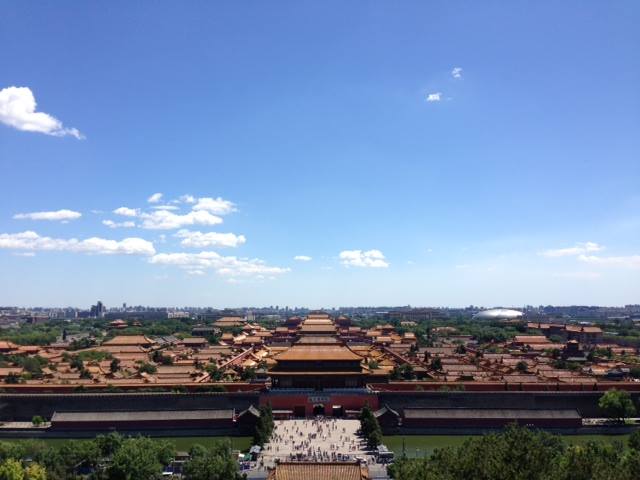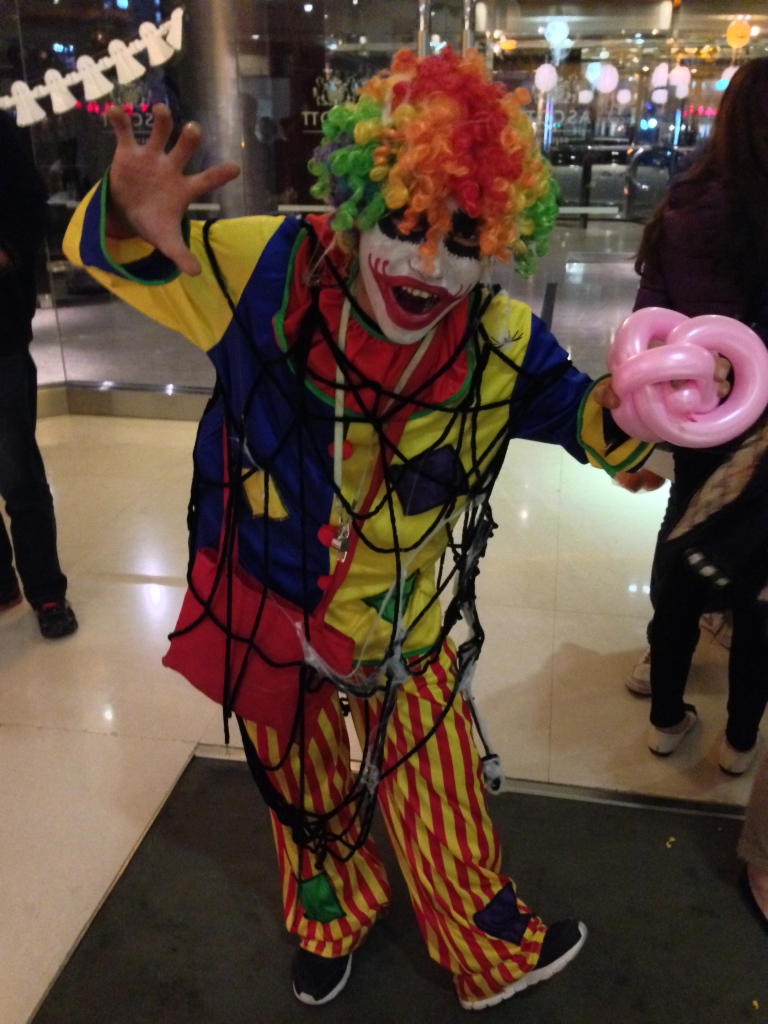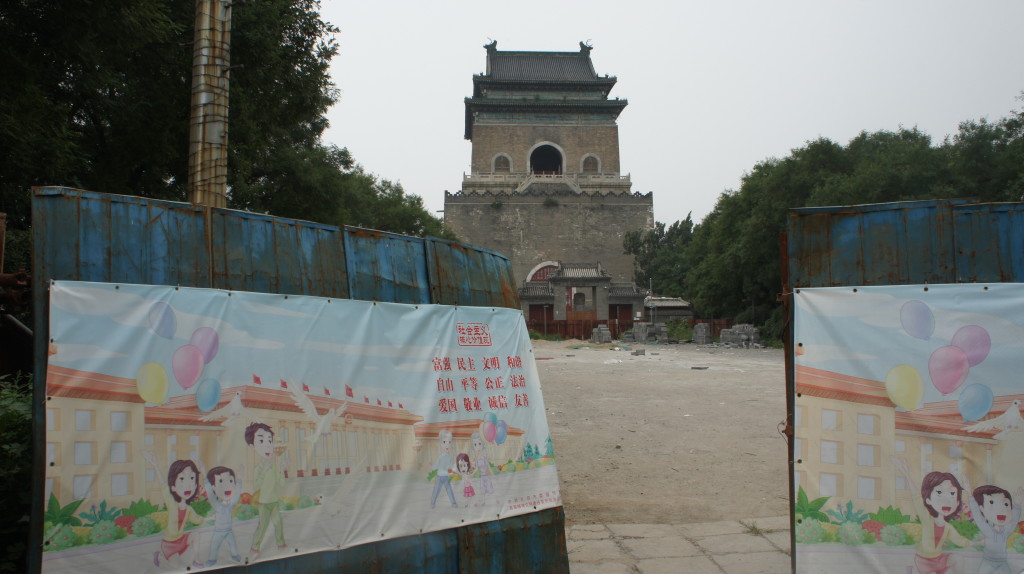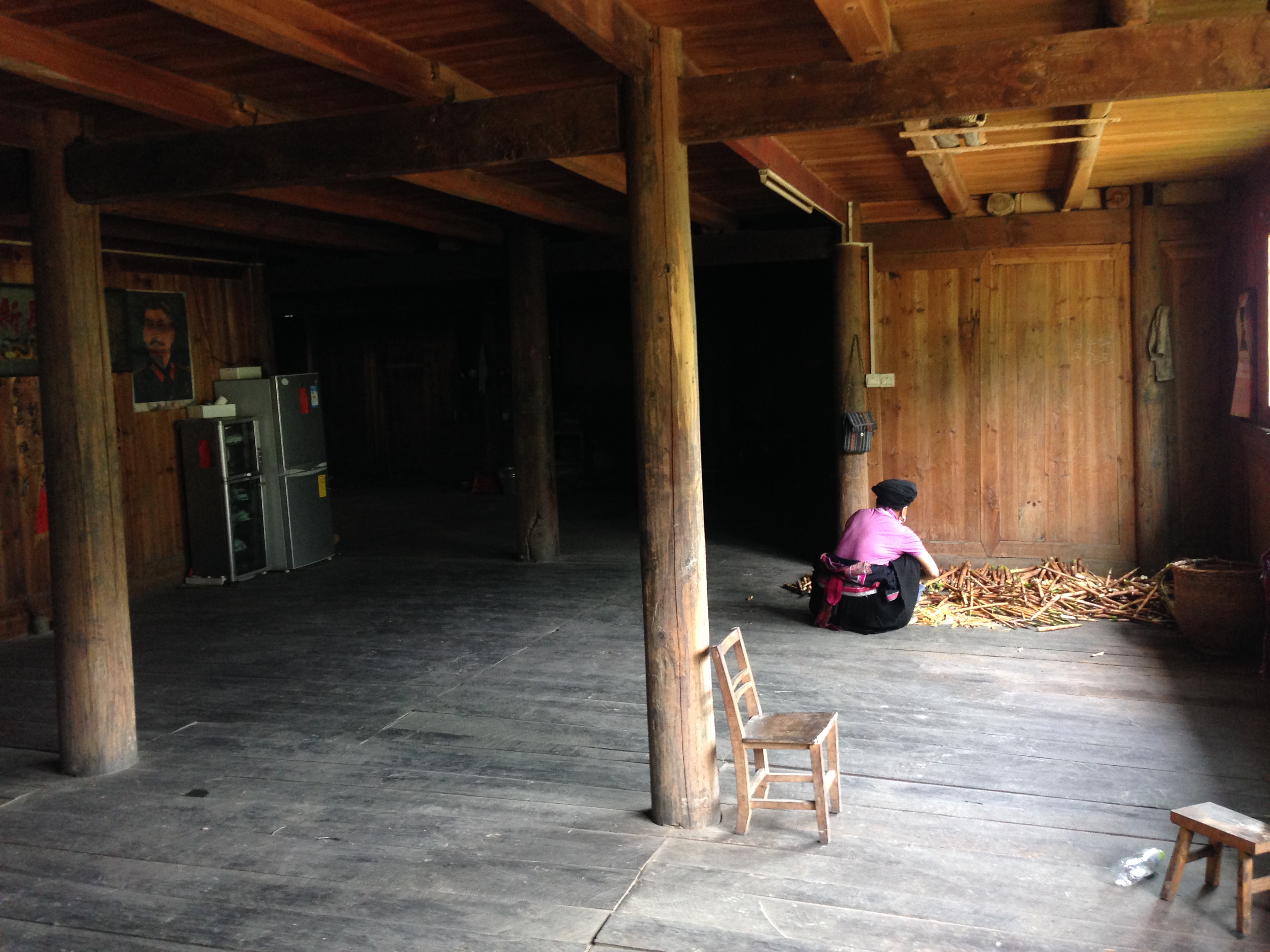Chinese food is great. I would eat Yunnan tofu and mint salad all day. I love a messy Jian Bing and a decent baozi cannot be beat. But a stomach raised on meat pies and vegemite can’t live on Chinese food alone. I need variety, I need the odd roast, toast, a bowl of pasta and most importantly… cheese.
When searching for good Western food in China, you should follow the same rules you might apply were you seeking decent Chinese food in Australia. Namely, if a Chinese restaurant in the middle of Chinatown, has a Chinese chef and is full of Chinese people, chances are the food is the real deal.
A burger restaurant in Beijing full of hipster Americans speaking a mix of loud English and bad Mandarin, or a French restaurant in Shanghai staffed by perfectly coiffed French waiters speaking sexily accented English, is probably going to be a safer bet than the place down the road offering “passta”, each dish with a fried egg on top. Continue reading







